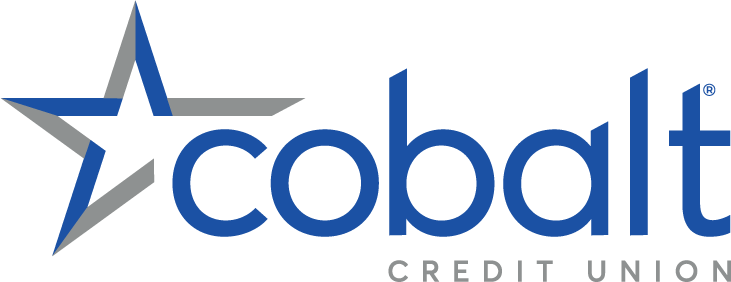
Congratulations! You got that big raise or new job, creating a surge of income for the household. Before you toast to your success, though, take a moment to think about how it is really affecting your finances: Are you better off or has your spending outpaced your extra income?
Many people facing debt believe that higher income will automatically lead to a better debt management plan, since they have more money to pay off loans, credit cards, and other debt sources.
However, as incomes rise, debt can sometimes begin to grow out of control because there is a sense of being able to “afford” more, leading to significantly more spending. Consider the fact that lottery winners declare bankruptcy at twice the rate of the general population; sudden wealth can lead to dizzying spending sprees that cause more money to go out than come in. Here are some tips for keeping it under control.
Note: If you have not had the good fortune of a salary bump, there is still a lesson here. Do not wait for that extra cash to come in before setting up a game plan to get your debt under control. No matter your income, now’s the time to address debt.
If you have seen an increase in your income, try these steps to avoid the trap of overspending:
Think Strategically
Before treating yourself to that dream vacation or big-ticket item, look at your overall financial situation and see whether you can apply some of your new income to any debt or put some into savings. That does not necessarily mean you cannot take that trip. It just means you can make the purchase with a better understanding of how it affects your finances.
Go Easy on the Credit Cards
A higher income can create the perception that you have more than you really do. Keep credit cards in check by only charging what you can pay off before the next billing cycle.
Create New Goals
Thinking in the long term is helpful for limiting short-term purchasing and derailing spending sprees. Talk with a financial advisor about options for setting up goal-based accounts, like a college fund or vacation account.
Develop a Debt Pay-Down Schedule
As part of your goal setting, consider putting more income toward eliminating debt and setting up higher automatic payments to credit cards or loans.
With a careful debt management plan and regular reality checks, you can harness the power of higher income levels, instead of turning into a cautionary tale.
Want more credit facts and strategies for taking control of your finances? Download Cobalt CU’s free Debt Management Guide.

